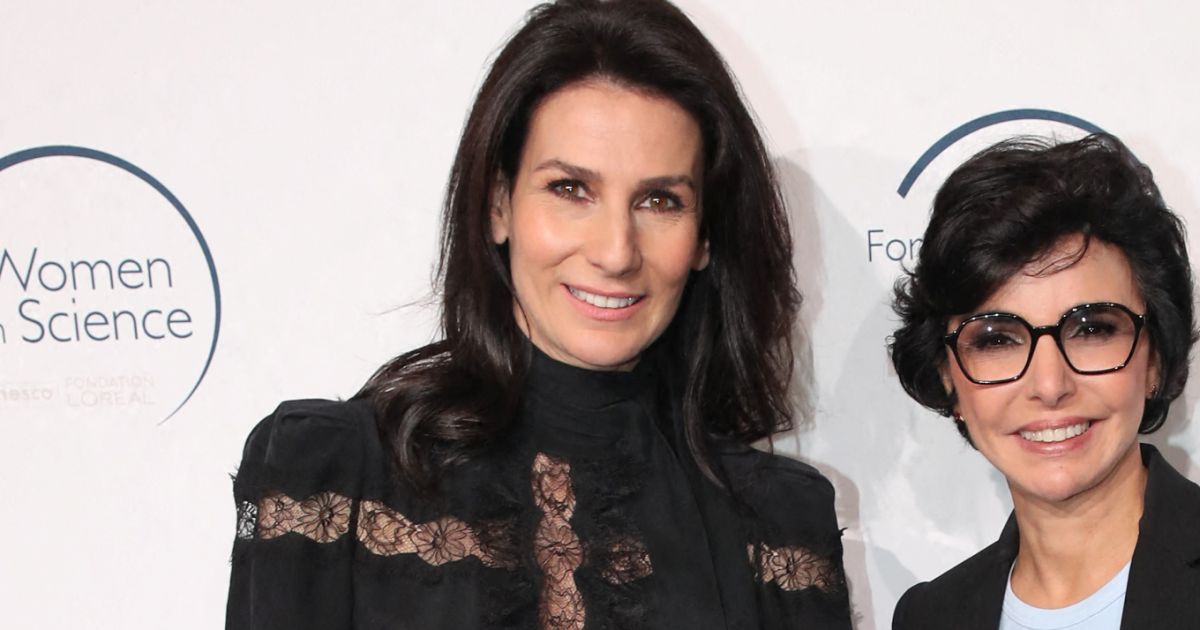The region has not realized a great underlying reality in the global reaction to Putin’s barbarism.
One of the most frustrating aspects of the Ukraine debate in the US is its degree of self-delusion about global unity. The assumption is false.
Most of the West hates and fears Vladimir Putin, just as it idolizes Volodymyr Zelenskyy. Still, most of the rest have not joined the West. When Indonesia hosts the G20 summit in November, Putin will be there despite Washington’s demand to expel Russia. Only four of 55 African leaders attended Zelenskyy’s virtual address to the African Union, which finally agreed to let him address them after 10 weeks of asking. Not every summit is a Western film festival, where Zelenskyy has become a staple. Likewise, not everyone shares the US foreign policy view that Putin is waging an existential war against democracy. I don’t need to be convinced of the dark consequences of Putin’s imperial agenda, or the need for it to fail. However, I am not an Indian diplomat, nor an African consumer, nor a Latin American energy importer. The West is not the world and the world is not only the West. It is amazing that something so obvious has to be insisted on.
This is rule number one from my unwritten manual on global diplomacy: Avoid navel gazing. Good diplomacy sees things from other points of view and takes them into account. I fear that the US and the West in general are missing a great underlying reality in the global reaction to Putin’s barbarism: the war in Ukraine is driving the demand for a multipolar world, which is very different from what we have been telling ourselves.
Most non-Western countries yearn for strategic autonomy. They may be disturbed by images of Bucha and Mariupol, just as we are concerned by images of ethnic cleansing in Myanmar or bombed-out cities in Syria. That does not mean that they will suspend their interests to avoid it, any more than we do when others ask for help. For much of the world, Ukraine is yet another humanitarian tragedy. The fact that the West sees it as existential bothers them. Africans, Arabs, and Latin Americans know that when US ideals and interests clash, the latter generally win. We must be cautious in judging those who make similar concessions.
Mainly, the world feels the Ukraine war in two ways: higher food and energy prices. After a pandemic in which emerging market growth has plummeted and their debt-to-GDP ratios have soared, commodity inflation is the last thing they need. If we add to this the rise in interest rates in the US, we have the ingredients of the next payment crisis in emerging markets and the increase in political instability. We cannot blame countries like India and Brazil for buying Russian oil at a discount. It should also not surprise us that there are many interested in Russian beans. The fact that Putin blocks Ukrainian grain exports and steals what he can get is a brutal reflection of Moscow’s ethics. Despite this, he does not alter the calculation of others. Hard economics trumps fuzzy moralism. Joe Biden, after all, is about to travel to Saudi Arabia to push for more oil production. This debunks two supposed core principles of the Biden administration: cut down on fossil fuels and don’t support rogue autocracies.
The rapid disengagement of the West with Russia is colliding with geopolitical limits. Countries like China and India are helping to create alternative payment systems and transport routes for Russian raw materials. They are also blocking Western attempts to kick Russia out of the multilateral system. The best Western response to this would be to provide the kind of largesse to emerging markets where China has long taken the lead. Washington should spearhead efforts to boost global food security, organize emerging market debt restructurings, and license Covid vaccine production (or better yet, suspend patents) around the world. If we want the rest to follow us against Russia, we must pay attention to what they want. Telling ourselves repeatedly that we are in a war between light and dark in which there is no middle ground is not a diplomatic strategy. Rana, do you share my frustration with Western arrogance? If so, what is your cure?
Rana Foroohar responds
Ed, I find myself in a rare disagreement with you. I don’t think American policymakers are at all naive about the fact that we are heading towards a multipolar world. In fact, it’s the working hypothesis of almost everyone I talk to. The kind of rhetoric you’re referring to, about light and dark, good and evil, is what I consider political public relations, the stuff of speeches for the masses.
Behind the scenes, the US Trade Representative is crafting a multipolar world trade policy (as I wrote here). Treasury Secretary Janet Yellen acknowledges that the Bretton Woods institutions are outdated for a multipolar world. Financial policymakers face a new multipolar financial world. For their part, everyone I know in Washington who is in high office is trying to understand how a multitude of public and private actors from various countries, cities, and communities will participate, often as equals, in this new world.
How many poles there will be and who will lead them remains to be seen. However, I would not confuse the rhetoric with the understanding of reality by policymakers.
Copyright – The Financial Times Limited 2021.
© 2021 The Financial Times Ltd. All rights reserved. Please do not copy and paste articles from the FT that are then redistributed via email or posted online.
Read the original article here.
–

